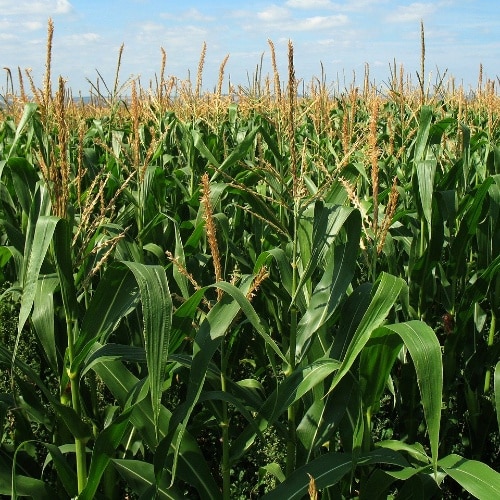Investing in Nigeria: Agriculture Crowdfunding
by Subomi Plumptre

First principles of agriculture crowdfunding
Agriculture crowdfunding is a practice where companies raise funds for agricultural activities, directly from the market. Essentially, these companies (who are farms or agritech institutions) appeal to retail investors and then, they pool individual contributions into a larger investment fund that they make available to agriculture companies – farmers, exporters, processors etc. You may think of it as a “mutual fund” for agriculture.
The central idea is to facilitate funding for small agric companies who may otherwise not qualify for loans. To reduce risk, the companies who raise the funds, insist on insurance for the farms they give money to. They provide farming inputs directly in place of cash, and they may also serve as off-taker – buying the produce off the farms, selling it and then sharing the profits directly with the farmers, after repaying investors.
Now, the legal status of agric crowdfunding is uncertain in Nigeria. Are non-SEC registered entities allowed to market to retail investors? How will the agric crowdfunding companies relate to new SEC regulations around crowdfunding?
Well, many companies have found a way around this by transforming into full-fledged commercial agriculture companies. They manage the end-to-end process of production and sales. Thus, they claim to be agriculture companies who take loans and pre-orders from funders and not investments.
Border closures & new sources of funding
In July 2019, the Central Bank of Nigeria issued a curious directive to banks. It mandated that they lend up to 60% of their customer deposits or face penalties. (This has now been increased to 65%.) Suddenly, individuals and businesses across Nigeria started getting text messages and emails from banks offering attractive loans. Development Banks are offering single-digit loans to key sectors of the economy, including agriculture. Meanwhile, the border closure has sparked increased incentives and demand for local agric. production. At the same time, export markets are driving demand for raw and processed commodities.
Something even more interesting has begun to happen in the agric. space. State governments have started partnering with private agriculture companies; giving them free arable land, so they can help to boost youth employment and food security. Foreign investors and the Diaspora are also pouring hard currency into agriculture.
Finally, in the last three years, some agric. crowdfunding websites started turning away investors, as they became oversubscribed in a matter of hours. What do these things mean to agriculture investors and the crowdfunding space?
Here’s what it means
If we extrapolate the Law of Supply, we can project that increased access to cheaper sources of institutional funding will reduce the need for individual investors. Also, as more investors chase limited credible opportunities (the few structured crowdfunding deals), those opportunities will become scarcer.
This means, we are now in a seller’s market and the crowdfunding companies can afford to reduce the returns they give investors. For instance, when I began investing in FarmCrowdy (now part of CrowdyVest) in 2016, my annual return was 120%. Now, it is 24%! In the space of 3 years.
The wild profits of agric. crowdfunding may be coming to an end. They must meet new SEC guidelines. Therefore, the few companies that still offer significant profits may end those profits, once they become structured and their operational expenses increase. But, greater structure means they will be able to access institutional funding.
If you still want to make comparatively high returns in the agric space, then it means you must be willing to take risks by betting on independent farms that are yet to make their structural transition.
The question is, do you have the due diligence expertise to make that call? My investment course can help. You may also find this article on Investing in Nigeria interesting.
Thanks for reading!
Read how SEC regulation, border closures & new institutional capital may affect agriculture crowdfunding. Share on X